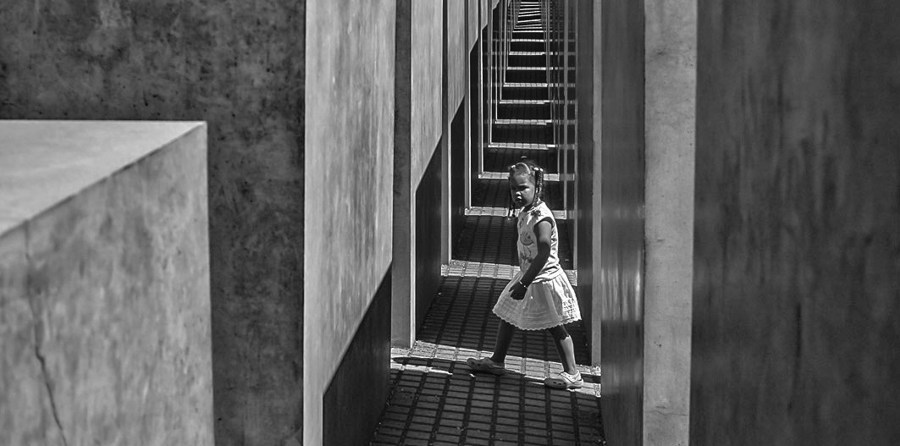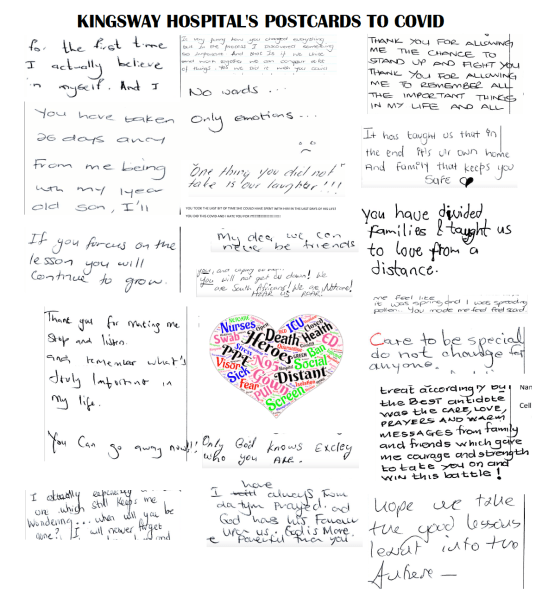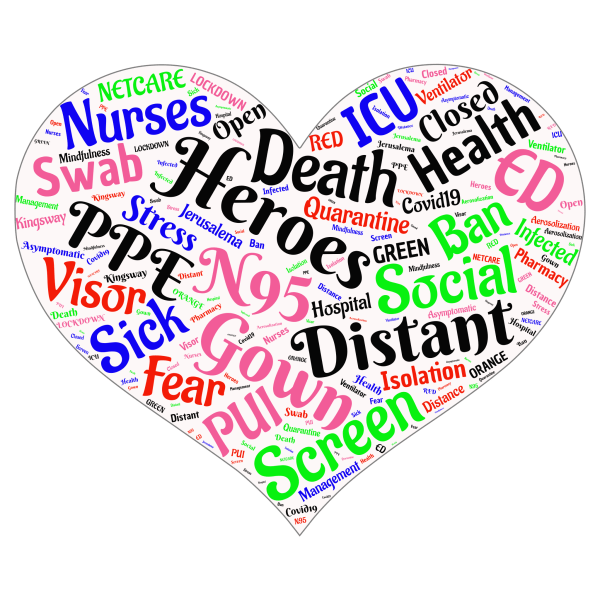Umhlabuyalingana, known for its mystic roots and powerful magic, welcomes visitors seeking guidance in money matters, love, and ancestral affairs. Just across from the Hlulabantu Chess Club, a prominent road sign marks the entrance to this enchanting place, often capturing the attention of passersby who stop for a quick photo to share on social media.…
A Magical Chess Tournament





















